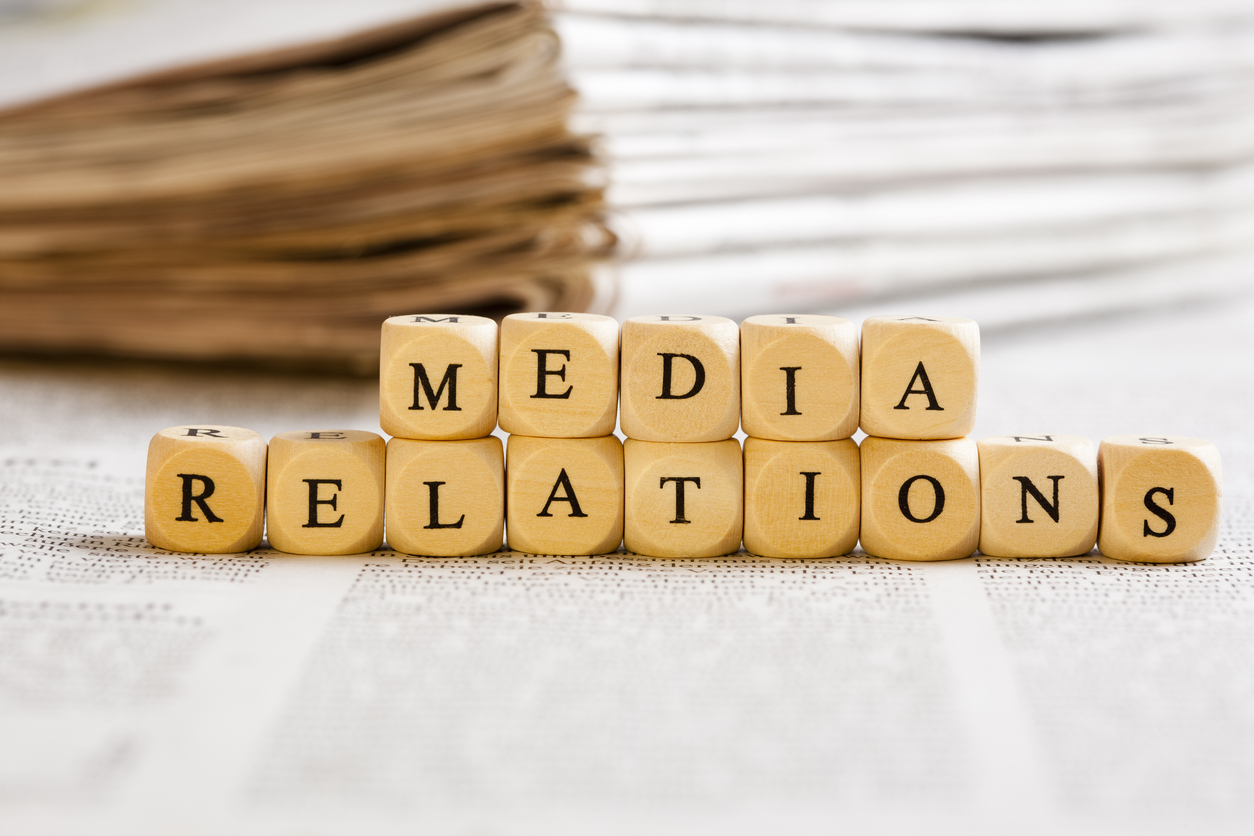When and How to Ask for a Correction
No matter how carefully you navigate the creation of press releases and emails to reporters, mistakes sometimes happen. Law firm PR professionals and marketers are human. Reporters are human. Eventually, each of us get a turn to experience the sinking feeling of seeing an error in print. But take heart — thoughtful action can minimize the damage and protect your relationship with the reporter. PR Daily recently outlined the best steps to remedy these situations, and we’ve added a few of our own.
- First, make sure that what you are seeing is really an error and not just a tone or characterization you view as less than ideal. The reason earned media has more credibility than content you publish on your own channels is that it relies on an outside interpretation — the reporter’s and their editor’s — in telling the story. In other words, it’s not realistic to expect that you will be able to dictate word choice. If necessary, have an internal conversation about this question before contacting anyone at the outlet.
- Understand that reporters hate when this happens. No reporter likes to hear that their story contains an error, whether that error came from text you supplied, or they made a mistake in text they created. If you feel compelled to “call out” the reporter, it may be a good idea to calm down before reaching out. The more empathetic, respectful, and understanding you can be in your email notifying them about the issue, the more likely you will be to get a productive response. Beginning with “thank you” is usually a good idea. (And if you do all this and still meet with unpleasantness, you will know you’ve done all you can!)
- If a fact isn’t technically wrong but maybe isn’t clearly explained or is missing context, it can be helpful to offer to provide additional information or serve as a source on future reporting, rather than asking for a correction directly. While you may not get the concrete change in the short term, the impact you may be able to make on future coverage could be worth a lot more.
- Finally, make it a habit to carefully read over every published article featuring your firm. You haven’t reached the finish line of your media outreach project until you’ve seen the published version — and confirmed that it is error free.
Remember, media relations is primarily about relationships. Of course PR pros and reporters want coverage to be accurate, but they also (should) want to keep the lines of communication open, working across the inherent tension in their relationship to create coverage that is factual, fair, and gives the full picture, now and in the future.

